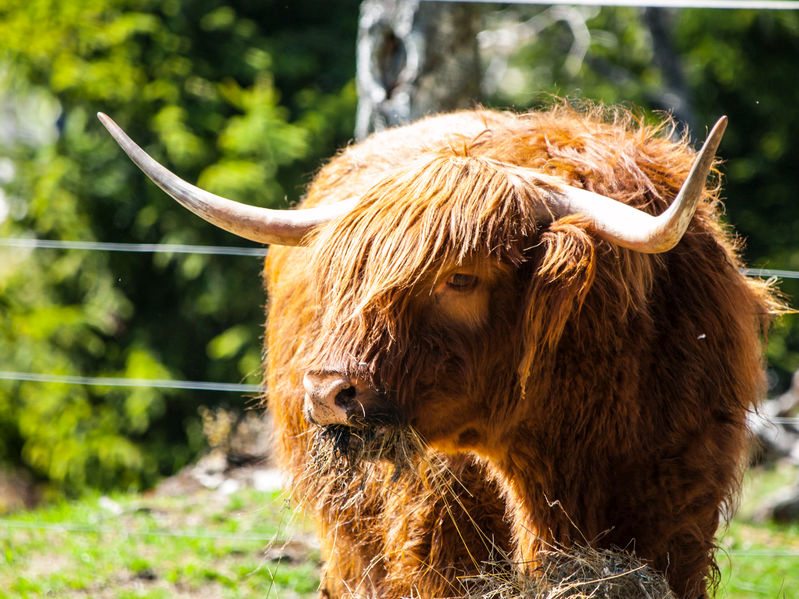Seaweed helps cattle reduce methane emissions by 82%

Introducing seaweed to the diet of beef cattle could reduce methane emissions by 82 percent, according to new research.
Scientists at the University of California, Davis say the results could pave the way for the sustainable production of livestock across the world.
Last summer, researchers added scant amounts of seaweed to the diet of 21 beef cattle and tracked their weight gain and methane emissions.
Cattle that consumed doses of about 80 grams of seaweed gained as much weight as their herd mates while burping out 82% less methane into the atmosphere.
Ermias Kebreab, professor at the US university said: "We now have sound evidence that seaweed in cattle diet is effective at reducing greenhouse gases and that the efficacy does not diminish over time."
His Ph.D. graduate student Breanna Roque added: "This could help farmers sustainably produce the beef and dairy products we need to feed the world."
Agriculture is responsible for 10% of greenhouse gas emissions in the US, and half of those come from cattle and other ruminant animals that belch methane as they digest forages like grass and hay.
Many have suggested people eat less meat to help address climate change, but the two researchers look to cattle nutrition instead.
Kebreab explained that only a 'tiny fraction of the earth' was fit for crop production: "Much more land is suitable only for grazing, so livestock plays a vital role in feeding the 10 billion people who will soon inhabit the planet.
"Since much of livestock's methane emissions come from the animal itself, nutrition plays a big role in finding solutions."
In 2018, Kebreab and Roque were able to reduce methane emissions from dairy cows by over 50 percent by supplementing their diet with seaweed for two weeks.
The seaweed inhibits an enzyme in the cow's digestive system that contributes to methane production.
In the new study, the researchers tested whether those reductions were sustainable over time by feeding cows a touch of seaweed every day for five months.
Four times a day, the cows ate a snack from an open-air contraption that measured the methane in their breath.
Results showed that cattle that consumed seaweed emitted much less methane, and there was no drop-off in efficacy over time.
"There is more work to be done, but we are very encouraged by these results," Roque said.
"We now have a clear answer to the question of whether seaweed supplements can sustainably reduce livestock methane emissions and its long term effectiveness."








